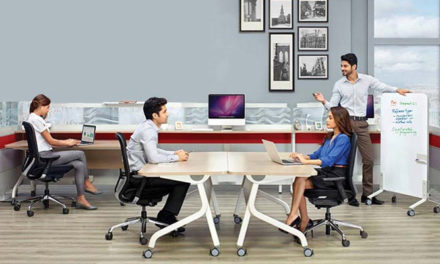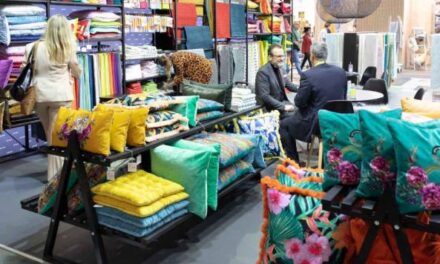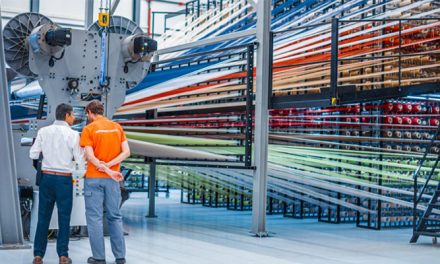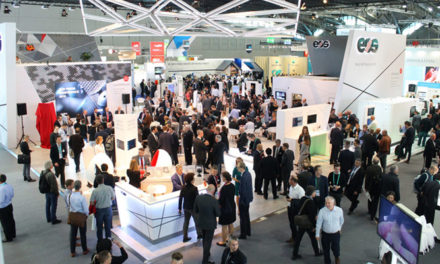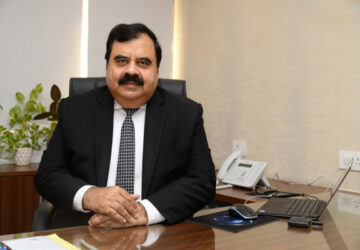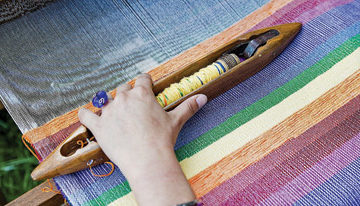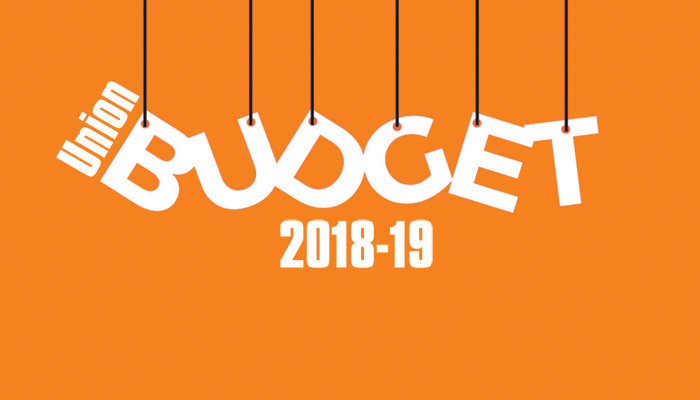 Swedish-owned home ware giant IKEA has updated its sustainability strategy to make new commitments on mitigating climate change, supporting a circular economy and promoting living wages across its value chain.
Swedish-owned home ware giant IKEA has updated its sustainability strategy to make new commitments on mitigating climate change, supporting a circular economy and promoting living wages across its value chain.
IKEA’s updated strategy includes an ambitious goal to become carbon positive without relying on offsetting – reducing more greenhouse gas (GHG) emissions than the IKEA value chain emits. Towards this, IKEA aims to halve its carbon footprint by 2030 by reducing value chain emissions by at least 15 per cent, removing CO2 from the atmosphere and storing it through better forest and agriculture management, and prolonging the life of IKEA products and materials. Other commitments include becoming water positive, developing all products using circular design principles, working to prolong the life of products and materials, and leading regenerative projects to clean polluted waters and protect biodiversity.
IKEA also commits to sourcing wood, cotton and other raw materials from more sustainable sources. And it says it will seek to provide and support decent work and living wages across the IKEA value chain.
“IKEA impacts millions of people around the world, and we recognise our responsibility to understand the impact our business has on both people and the communities where we operate and to ensure we always respect human rights”, says Jon Abrahamsson Ring, CEO at Inter IKEA Group.
“While growing our business to reach more of the many, we have to make sure that we take the wellbeing of people and the planet into consideration in all our decisions and actions.”
The revision process involved a broad range of internal stakeholders from across IKEA, as well as external stakeholders representing civil society organisations, NGOs, youth activists and UN agencies.
“I am very happy for the deep level of commitment shown by everyone throughout the process”, says Lars-Erik Fridolfsson, Inter IKEA Group sustainability transformation manager who led the revision.
“We will take our full responsibility as a business to ensure providing and supporting decent and meaningful work across the IKEA value chain, and further developing into an equal, diverse and inclusive business. This will be based on a solid understanding of our social footprint.”

